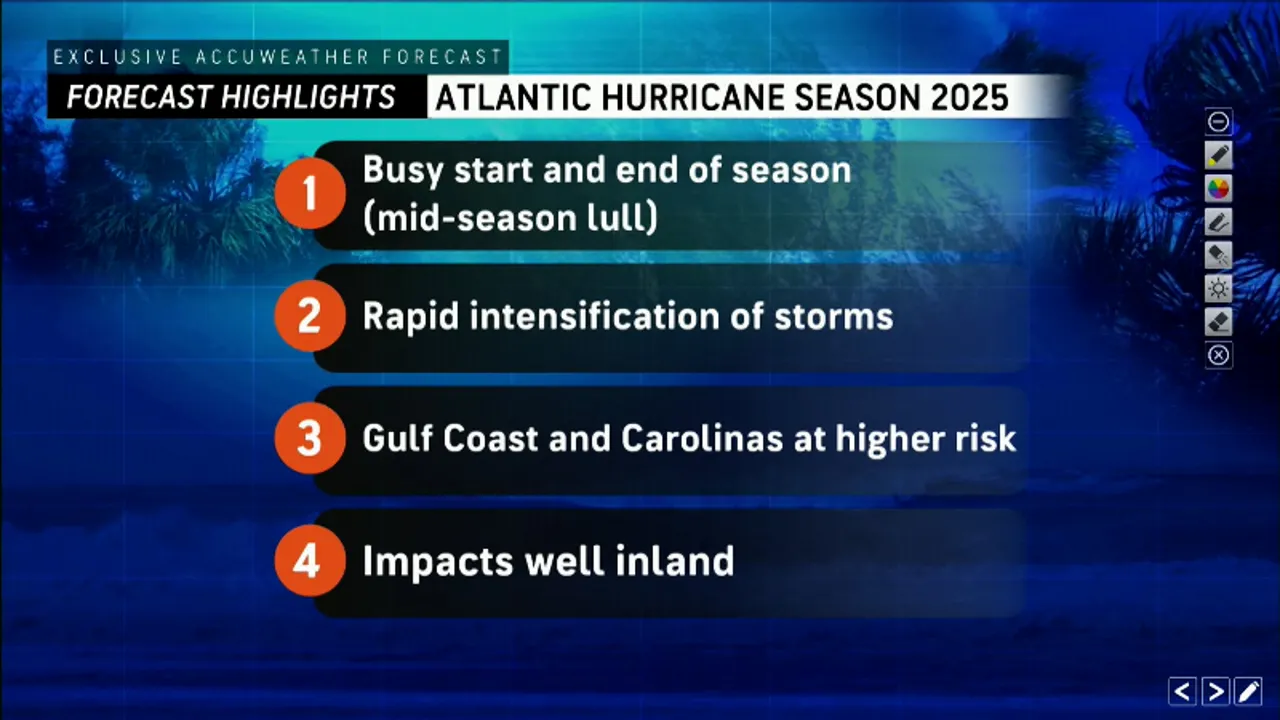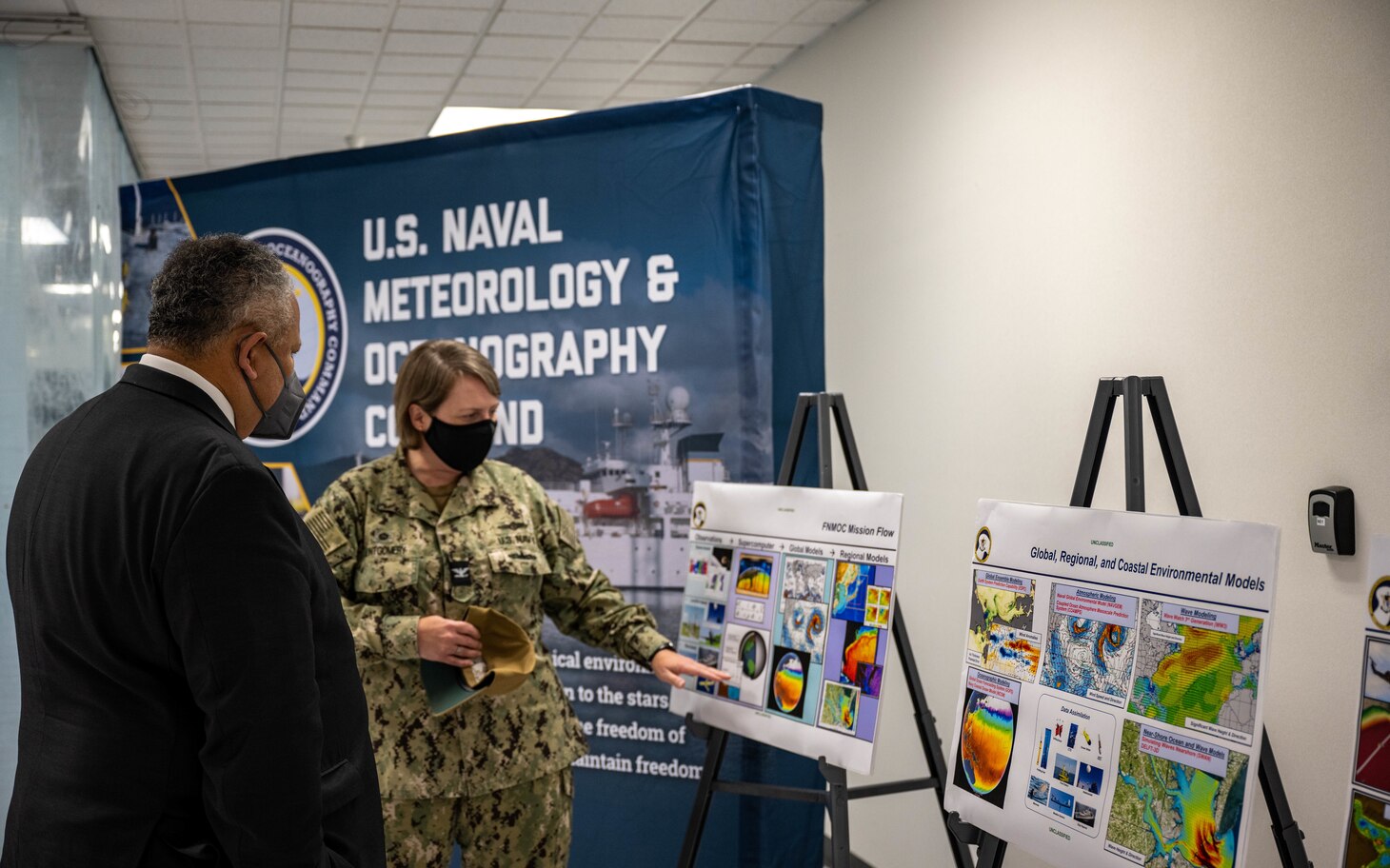Department of Defense Ends Access to Critical Weather Data
The U.S. Department of Defense (DoD) has made a shocking decision that leaves hurricane forecasters scrambling for essential weather data. Effective June 30, 2025, the DoD will cease sharing satellite data crucial for tracking hurricanes and monitoring sea ice. This unprecedented move jeopardizes the safety of countless communities, particularly as we approach a peak hurricane season that is already showing signs of increased intensity.
Impact on Hurricane Forecasting
For over 40 years, the DoD"s satellites have provided pivotal data for hurricane forecasting. The Navy"s Fleet Numerical Meteorology and Oceanography Center has enabled scientists to monitor storm systems with precision, allowing them to predict the paths and intensities of hurricanes. Brian Tang, a hurricane researcher at the University at Albany, expressed dismay at the decision, stating, "This is data that forecasters use regularly," highlighting its importance in real-time storm analysis.
The loss of this data is particularly alarming given the increasing prevalence of rapidly intensifying hurricanes as a result of climate change. According to studies, more than 50% of hurricanes now exhibit rapid intensification, a trend that threatens coastal communities and infrastructure. As storms like Hurricane Erick demonstrate, the right data can mean the difference between timely evacuations and devastating loss of life.

Active 2025 hurricane season forecast
Sea Ice Monitoring Faces Major Disruption
In addition to hurricane data, the DoD"s satellites also play an essential role in monitoring sea ice levels in the Arctic and Antarctic. This data is critical for understanding climate change impacts and making informed decisions about international shipping routes and global climate policy. Mark Serreze, director of the National Snow and Ice Data Center, lamented the abrupt cutoff, noting that it disrupts over six widely used data sets about sea ice, which are vital for research and decision-making.
With the Arctic experiencing record-low sea ice levels, the implications of this data cutoff are severe. Sea ice acts as a barrier against climate change, and its loss contributes directly to rising sea levels that threaten coastal cities globally. The urgency of this issue cannot be overstated, as every fraction of a degree in temperature rise accelerates the melting of these critical ice sheets.
Cybersecurity Concerns or Political Maneuvering?
The DoD claims that the cessation of data sharing is driven by "cybersecurity concerns." However, the lack of transparency surrounding this decision raises questions about the true motivations behind it. Critics argue that this is a dangerous precedent, prioritizing military operations over public safety and scientific integrity. The statement from the U.S. Space Force suggests that the satellites will still be operational for military purposes, further hinting at a possible agenda that sidelines vital climate data for military interests.

SECNAV visits FNMOC > Naval Meteorology and Oceanography Command > News ...
Community Preparedness at Risk
As communities brace for the upcoming hurricane season, the implications of this data cut extend far beyond scientific circles. Public safety relies on accurate and timely weather forecasts, and without the full suite of data, communities may find themselves unprepared for sudden storm intensifications. For vulnerable populations, including low-income communities and communities of color, this lack of preparedness can lead to catastrophic outcomes, exacerbating existing inequalities in disaster response and recovery.
According to NPR, NOAA claims that they can still provide accurate forecasts using other data sources. However, experts warn that the near real-time information provided by the DoD"s satellites was irreplaceable, particularly during rapid storm developments. The reliance on a limited number of satellites could lead to significant gaps in forecasting accuracy, leaving communities without the advance warning they need to prepare.
The decision to cut off access to this vital data is not just a bureaucratic oversight; it is a direct threat to the safety of millions of Americans. As climate change continues to escalate, and as communities face unprecedented weather patterns, the need for comprehensive and accessible data has never been more urgent. The DoD"s actions signal a disturbing trend of prioritizing military agendas over public welfare and scientific progress, raising alarms about the future of climate justice in America.







![[Video] Gunfire between Iraqi security forces and Sadr militias in Baghdad](/_next/image?url=%2Fapi%2Fimage%2Fthumbnails%2Fthumbnail-1768343508874-4redb-thumbnail.jpg&w=3840&q=75)
